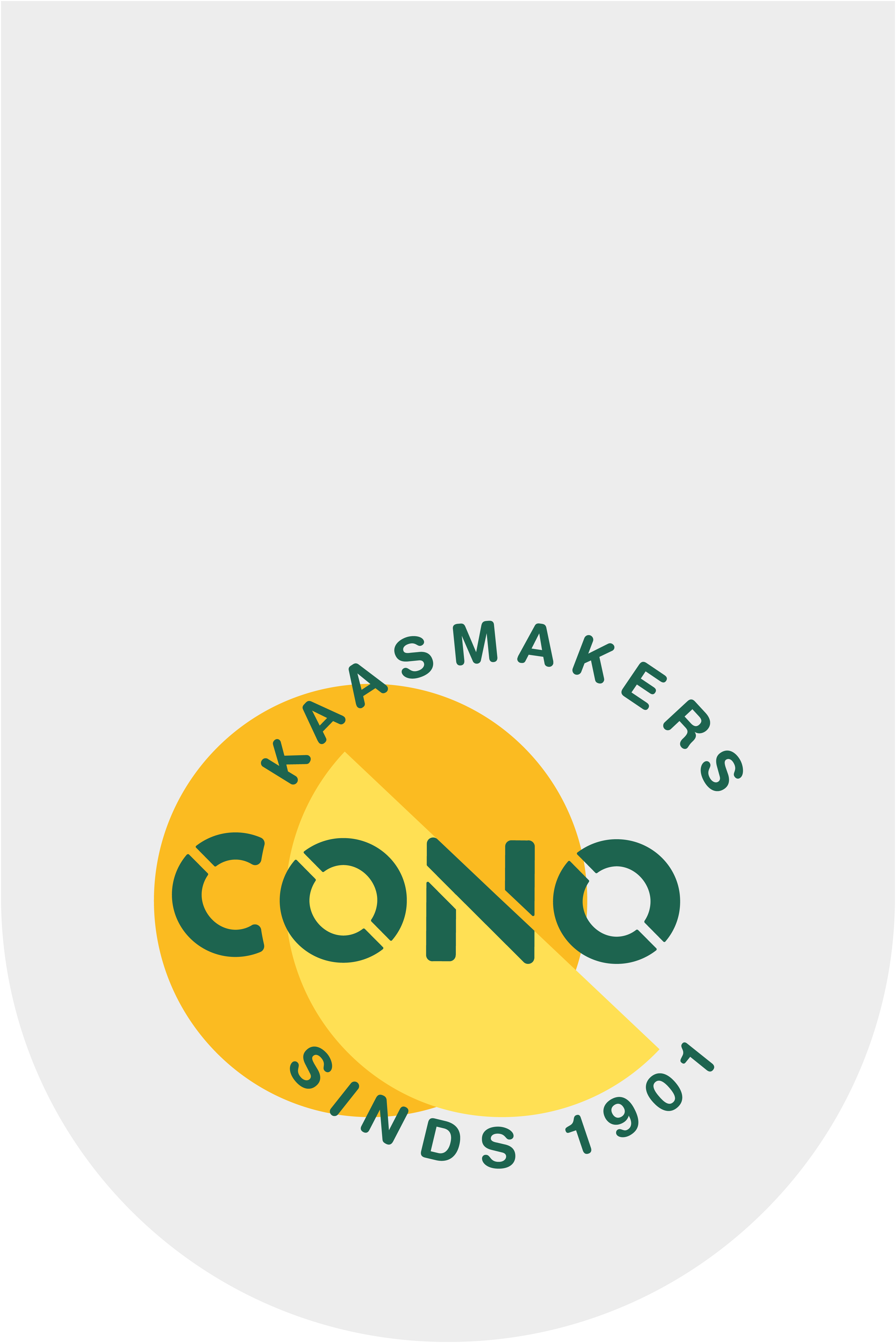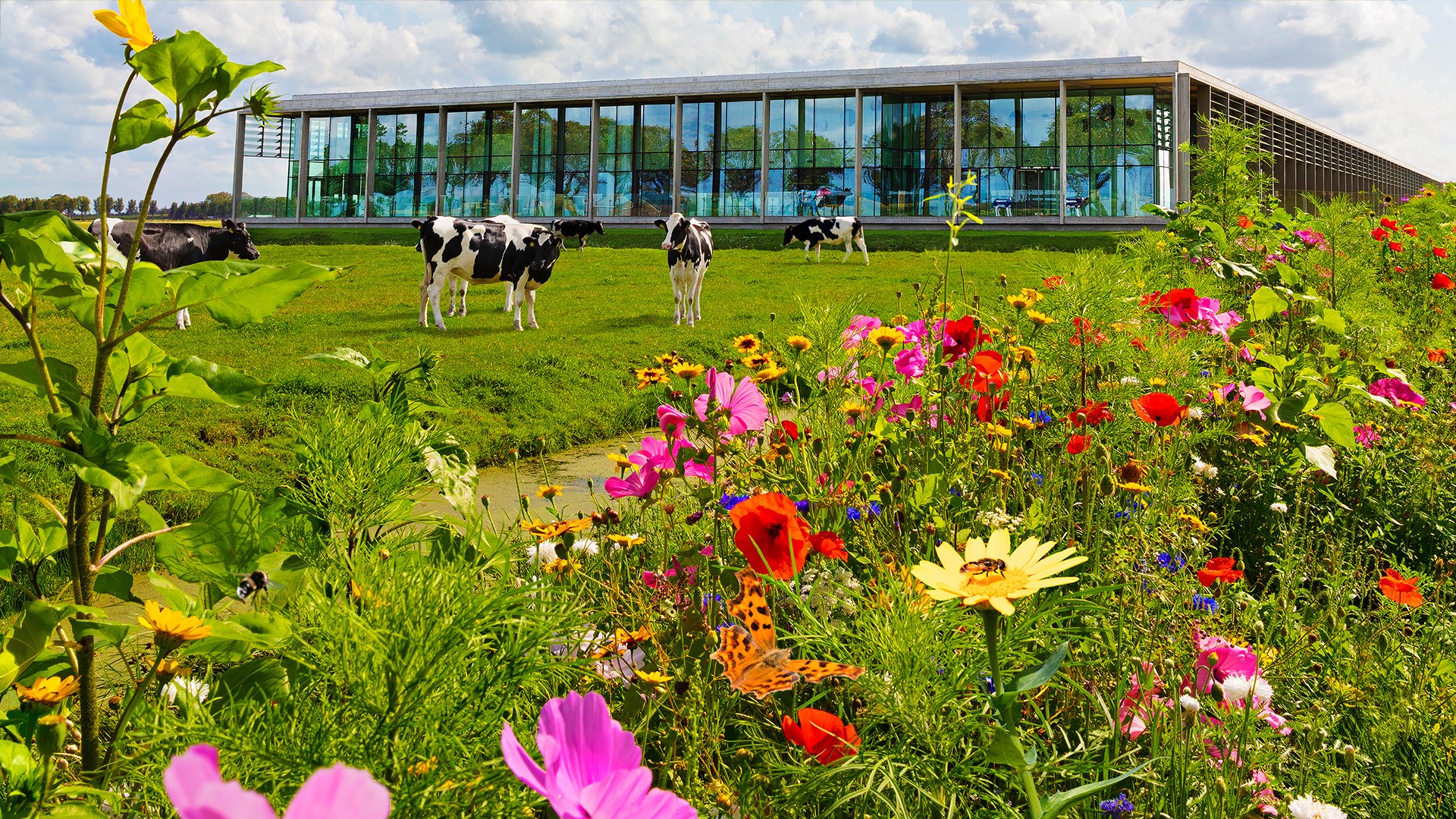The dairy chains of Unilever with Ben & Jerry's and CONO cheese makers and Nestlé with Vreugdenhil Dairy Foods are each working on an ambitious goal with their own program: reducing the carbon footprint of milk by 50%. The ambitions are high and the chains both aim to develop an approach that is widely applicable and that will also become widely available. This prompted them to start a four-year program (PPP) together with WUR.
Same goal, sometimes different approach
The activities of both dairy chains provide the environment in which approaches and tools for reducing greenhouse gas emissions are being developed. Both chains each started with a group of dairy farmers in 2022 to create and implement reduction plans. The plans include measures such as ration adjustments, applying grass/clover mixes and manure fermentation. In addition, innovations are being tested and integrally calculated. The pilot farms are located on different soil types (small, peat, sand) and work with different strategies (from high-tech to nature inclusive). This diversity provides opportunities to learn which measures work best in which situation.
Research activities
From the research perspective, the approach in the first year will focus particularly on the following components where an important premise is that ultimately an approach with associated tools will be developed that will enable scale-up to large numbers of dairy farmers.
- Make farm-specific plans with data from the KringloopWijzer for individual dairy farms aimed at substantial emission reduction with appropriate measures for the farm situation.
- The further development of the approach to plan formation and progress monitoring. The applied approach will be evaluated and combined with the latest scientific insights on change processes. Scaling up plays an important role here.
- Getting facts straight. Greenhouse gas emissions in dairy farming is still a relatively new topic. It is useful to set out the facts about certain subjects in a practical and accessible way in fact sheets. With new reduction measures it becomes clear what the principle behind them is and in what situation they work. Another subject that will certainly be addressed is the (im)possibilities of carbon sequestration.
Cooperation in the chain is needed
The dairy farmer need not and cannot do it alone. The PPP therefore includes cooperation with a number of (compound) feed companies (Agrifirm, ForFarmers, De Heus and Duynie) and with Lely (supplier of equipment and robots for dairy farms) and Rabobank. The dairy chains themselves are working with groups of dairy farmers. PPP Agro Advies supports the dairy farmers in making their reduction plans.

